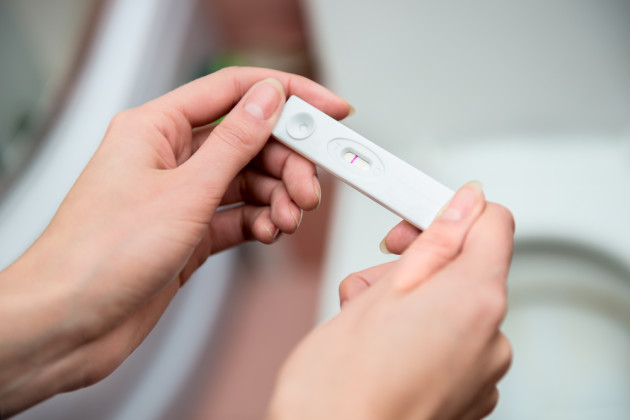
Scientists one step closer to finding cure for polycystic ovary syndrome
Polycystic ovary syndrome (PSOC) is a condition that affects one in five women on child-bearing age.
Polycystic ovaries are ovaries containing a large number of harmless cysts that are no bigger than 8mm each.
Those who suffer with the condition may also experience a various symptoms including irregular or no menstrual periods, heavy periods, excess body and facial hair, acne, pelvic pain, and difficulty getting pregnant.

For years, scientists struggled to determine a an exact cause of PCOS, but a new study published in Nature Medicine has shone a light on the issue.
A team led by Paolo Giacobini at the French National Institute of Health and Medical Research discovered discovered that levels of Müllerian hormone (AMH) were 30 per cent higher in pregnant women with PCOS than those without.

With a cause now more-or-less established, researchers are able to explore a whole range of opportunities with the hopes of finding a cure.
Robert Normal, from the University of Adelaide, Australia, said: “It’s a radical new way of thinking about polycystic ovary syndrome and opens up a whole range of opportunities for further investigation.”





